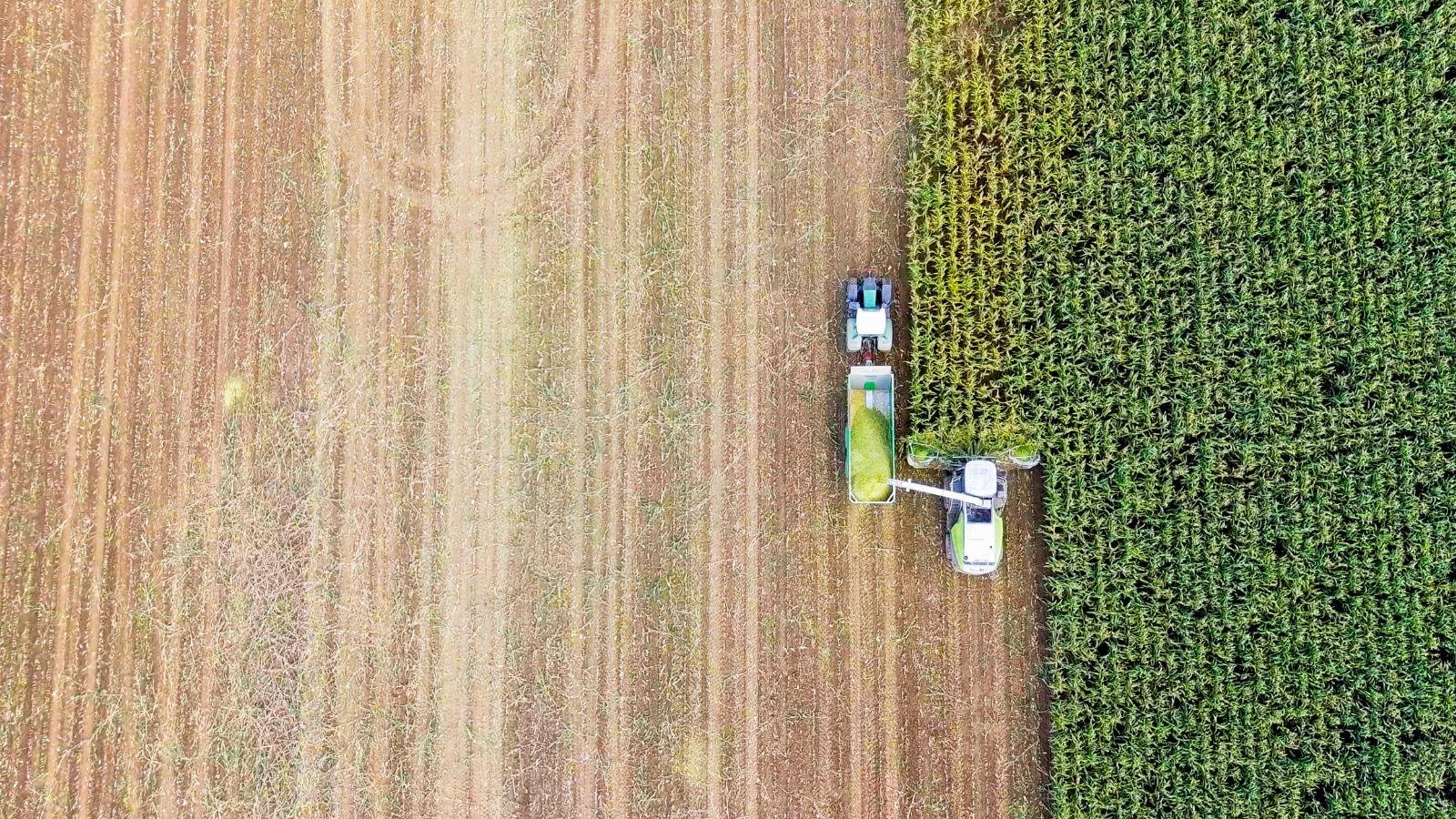CSIRO recently ran a responsible Ag-Tech Innovation Symposium which was the brain-child of social scientists from CSIRO’s Digiscape and Responsible Innovation Future Science Platforms, whose anticipatory innovation work seeks to understand the benefits and challenges associated with a digital transformation and technology uptake in the agricultural sector.
The hybrid event consisted of 240 people (from 15 countries) participating f2f and online. As a big picture, long-view taking opportunity, it drew on international and domestic perspectives on the state of innovation in farming systems. The experiences of some organisations and practitioners of applying Responsible Innovation to assess, risk manage and reflect on their ag-innovation project trajectories framed the dialogue. Our collective challenge was to question what kind of futures are we backing or ignoring through our ag tech innovation pursuits.
The Symposium kicked off with six scene setting power talks from speakers from the World Bank, and from universities of Wageningen, Reading and Ottawa, as well as Dairy New Zealand and of course CSIRO. A key feature of the presentations was they didn’t forefront the technology itself rather they focused on the emergent dilemmas associated with ag-tech innovation and their critical appraisal of what is missing or needed in the longer term.
Marie-Agnès Jouanjean from the Word bank reminded us that the end goal it is not really about the technology, it is about what it enables—being able to feed the world’s projected 10 billion population in 2050. However the current Agri system is not fit to meet that target. There is an imperative for global approaches to address the complexity of the agrifood system with its embedded interdependencies and regulatory, trade and policy anachronisms that pose an array of challenges to transitioning to a sustainable and equitable agrifuture.
Laurens Klerkx asked us to consider directionality in terms of innovation…where will future systems move towards? A biotech future, a low tech future, there are range of different philosophies and ideas about ways forward. Kelly Bronson highlighted that technological innovation is a double-edged sword in terms of what it enables but significantly what it also renders redundant or unsupported. The Canadian Government ag tech strategy focuses on big farming, which means that the issues and needs of smaller holdings, many run by women, are not factored into the agtech development roadmap. David Rose and other subsequent panellists also raised issues around impacts of technology on farmer identity and perceptions of farming and social license to operate e.g. sensors, biochips and animal well-being and autonomy. Further concerns related to the nexus between environment, natural resource management and agriculture and over the longer term the human relationship with the land.
Cutting edge innovation and science are increasingly contested zones reflecting growing concerns with the pace, direction, convergence and regulation of such change. The missing elements seems to be the capability to engage in innovation assessment, foresight and inclusive deliberation processes about what agricultural future/s we are seeking that go beyond just mitigating risk.
To this end CEAT and CSIRO recently had 22 participants complete the first pilot of a new course —Building capacity for Responsible Innovation in Agri-Technology. Building individual and organisational responsible innovation capacity is a critical way of developing the next generation of technologists, farmers, scientists and entrepreneurs. We look forward later this year to delivering the first face to face version of the course with our CSIRO collaborators.
